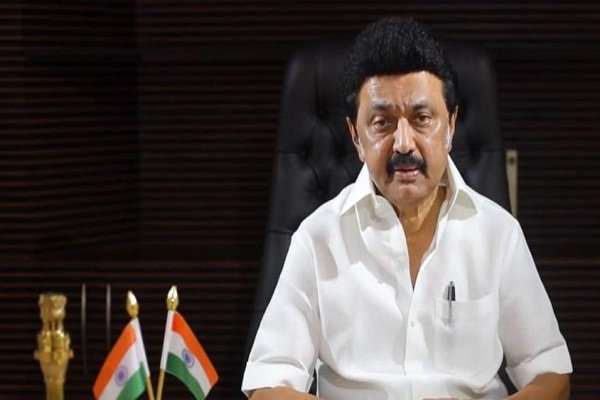Tamil Nadu Chief Minister MK Stalin’s firm rejection of the implementation of the Citizenship Amendment Act (CAA) has added another layer of complexity to the ongoing debate surrounding this controversial legislation. Just a day after the Union government notified the rules of the CAA, Stalin made it clear that Tamil Nadu would not comply with its provisions.
Stalin labeled the CAA as ‘divisive and bereft of any use,’ echoing sentiments shared by many opposition leaders and civil society members across the country. His strong stance against the CAA reflects concerns about its potential impact on social harmony and religious freedom in India.
The timing of the notification of CAA rules, especially with the Lok Sabha polls looming, has drawn criticism from various quarters. Stalin, who also heads the ruling Dravida Munnetra Kazhagam (DMK) party, accused the Bharatiya Janata Party (BJP)-led central government of rushing to implement the CAA without due consideration for its implications.
According to Stalin, the CAA serves no beneficial purpose and only serves to sow divisions among the Indian populace. His government’s official release reiterated Tamil Nadu’s refusal to cooperate in any way with the implementation of the CAA within the state’s borders.
Stalin’s objections to the CAA are grounded in concerns about its compatibility with principles of pluralism, secularism, and the rights of minority communities, including Sri Lankan Tamil refugees. By rejecting the CAA outright, Stalin is sending a clear message that Tamil Nadu stands firmly against any legislation that threatens the secular fabric of the nation.
Stalin’s stance aligns with that of other opposition leaders, such as West Bengal Chief Minister Mamata Banerjee, who have also condemned the CAA and its implementation. Banerjee, addressing a gathering in North 24 Parganas district, termed the CAA rules as unconstitutional and discriminatory.
Banerjee’s assertion that she would not allow the implementation of the CAA in West Bengal underscores the widespread opposition to the legislation among opposition-ruled states. She urged people to think twice before applying for citizenship under the law, questioning the legal validity of the rules notified by the Ministry of Home Affairs (MHA).
The CAA has been a contentious issue ever since its passage in Parliament in 2019. The act fast-tracks citizenship for non-Muslim migrants from neighboring countries who entered India before 2014. However, critics argue that it discriminates against Muslims and undermines the secular foundations of the Indian Constitution.
The MHA’s notification of CAA rules on Monday has reignited debates surrounding the legislation. The new rules enable eligible individuals to apply for Indian citizenship through an online portal, specifying the year of their entry into India without travel documents.
Stalin’s opposition to the CAA highlights the growing rift between the BJP-led central government and opposition-ruled states over key policy matters. With state governments increasingly asserting their autonomy and resisting what they perceive as encroachments on their jurisdiction, the political landscape of India is becoming increasingly polarized.
Tamil Nadu Chief Minister MK Stalin’s rejection of the Citizenship Amendment Act reflects broader concerns about the legislation’s impact on India’s social fabric and constitutional values. His defiance, along with that of other opposition leaders, underscores the deep divisions within Indian polity over issues of identity, citizenship, and secularism. As the debate over the CAA continues to unfold, it remains to be seen how the central government will navigate the challenges posed by widespread opposition to the legislation.
